🔅 From The Maasai's Last Stand to Sierra Leone's Power Struggle
Lagos's Privatized Beaches, CAR's Arrest Warrant for Ex-President, and Tanzania's Conservation Controversy
Photo of the Day
Spotlight Stories
The Last Stand of the Maasai
For centuries, the Maasai have been the stewards of the Serengeti ecosystem, grazing their cattle on the lush grasslands and coexisting with the region's iconic wildlife. But now, their way of life is under threat as more and more land is set aside for trophy hunters, tourists, and carbon-offset schemes.
President Samia Suluhu Hassan has embarked on an ambitious plan to bring foreign investment to Tanzania, often at the expense of the Maasai.
With the backing of powerful interests like the World Bank, UNESCO, and the Dubai royal family, Hassan has pushed forward with plans to resettle the Maasai and create exclusive game reserves on their ancestral lands.
As The Atlantic makes clear in this article, the plight of the Maasai is a complex one, with no easy solutions. But at its core, it's a story of the human cost of conservation, and the way in which the desires of the wealthy and powerful can trample the rights and traditions of Indigenous peoples.

Lagos's Privatized Beaches Leave Residents High and Dry
In Lagos, the city that never sleeps, residents face a cruel irony: despite being surrounded by the Atlantic Ocean and blessed with miles of pristine white sand, free public beaches are hard to find.
As temperatures soar and humidity levels reach sauna-like proportions, Lagosians are left to sweat it out on the streets, wrapped in a blanket of heat. And while a dip in the ocean might seem like the perfect antidote to the city's tropical savanna climate, the powers that be have other ideas.
You see, Lagos's capitalist bent and some questionable decisions by city officials have led to the privatization of most of the city's beaches:
Private resorts and developers have walled off 76 kilometres of coastline, charging entry fees that range from a modest $2.70 to $60 for a single-day pass. In a country where millions are grappling with a cost-of-living crisis or surviving on less than $1 a day, these fees are about as accessible as a first-class ticket to the moon.
As tour agent Loveth Ifeoma Okafor points out, Lagos is probably the only city on the West African coast where residents can't access a public beach without paying. It's a stark contrast to other cities in the region, like Takoradi in Ghana, Cotonou in Benin, and Abidjan in Ivory Coast.
City officials defend the privatization of the beaches, arguing that they're cleaner, more secure, and better managed than they were under government control.
Power Returns to Sierra Leone After Partial Payment of $48M Debt
Sierra Leone has finally seen the light at the end of the tunnel, quite literally, as electricity supplies have been restored following weeks of power cuts. The country managed to pay off a portion of its $48 million debt to a Turkish company, Karpowership, which provides most of the electricity to the capital, Freetown — from a ship anchored off the coast.
The $18 million payment came alongside the country's energy minister resigning, taking full responsibility for the crisis.
Before supplies were restored, residents of Sierra Leone's main cities were left in the dark for days on end, with hospitals also feeling the brunt of the blackouts.
Following the resignation of Energy Minister Kanja Sesay, President Julius Maada Bio announced that the energy ministry would now fall under his direct supervision. Perhaps he'll shed some light on the situation.
Central African Republic Court Issues Arrest Warrant for Ex-President Bozizé
The Special Criminal Court in Bangui, Central African Republic, has taken a significant step towards holding former President François Bozizé accountable for human rights abuses committed during his tenure. The internationally backed court issued an arrest warrant for Bozizé, who is currently in exile in Guinea Bissau, for crimes committed between 2009 and 2013.
The warrant covers atrocities committed by the presidential guard and other security forces at a civilian prison and a military training center in Bossembélém, where numerous individuals were subjected to torture and murder. The court was established to try war crimes and human rights abuses committed during the coups and violence that have plagued the country since 2003.
However, the execution of the arrest warrant may prove challenging:
Guinea Bissau's President Umaro Sissoco Embaló has stated that he has not received any request from Bangui regarding the warrant, and the country's laws do not allow for extradition.
Bozizé seized power in a coup in 2003 and was subsequently ousted by predominantly Muslim Seleka rebels a decade later. This event triggered a civil war between the rebels and mostly Christian militias, characterized by sectarian violence, atrocities, and the forced use of child soldiers. Both the United States and the United Nations have targeted Bozizé with sanctions for his role in fueling the violence.
The United Nations estimates that the fighting has claimed thousands of lives and displaced over a million people, amounting to one-fifth of the population. Despite a peace deal reached between the government and 14 armed groups in 2019, fighting continues, with the government reporting earlier this year that approximately 10,000 children are still fighting alongside armed groups.
Food for Thought
“A flea can trouble a lion more than a lion can trouble a flea."
— Kenyan Proverb



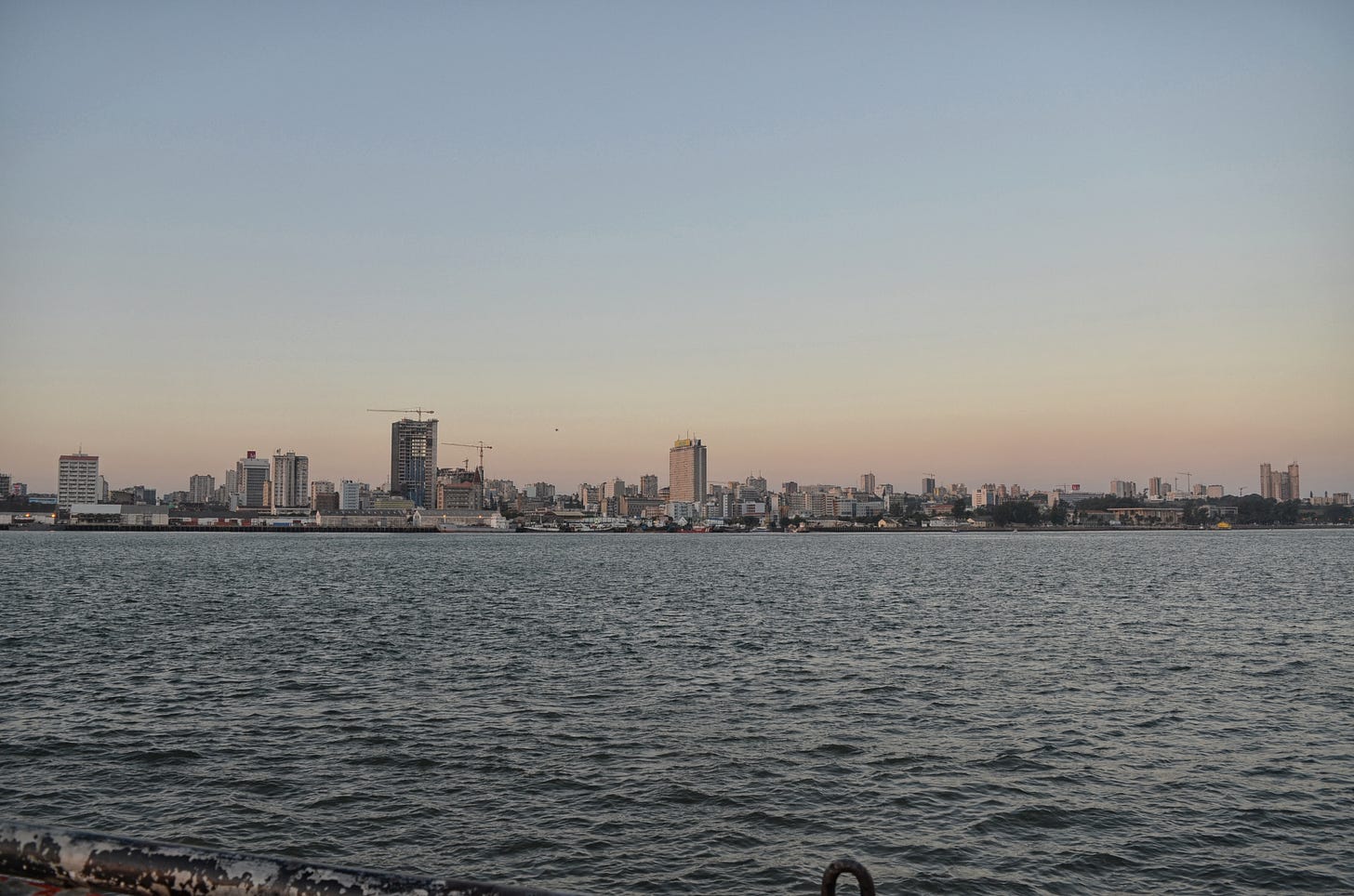
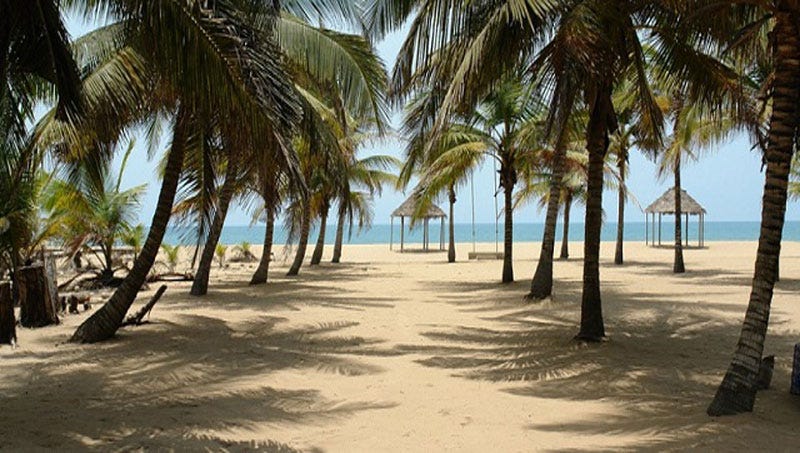
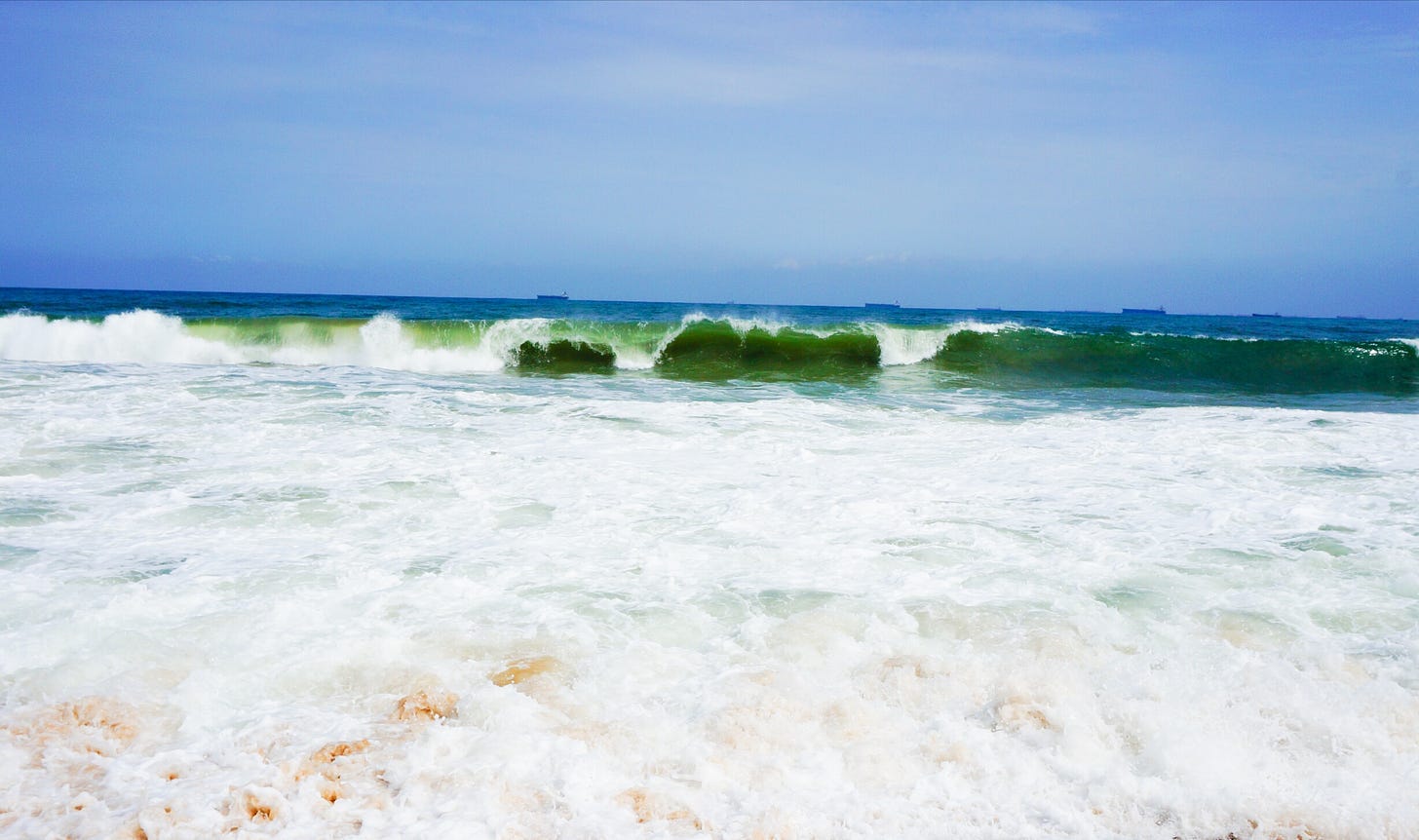
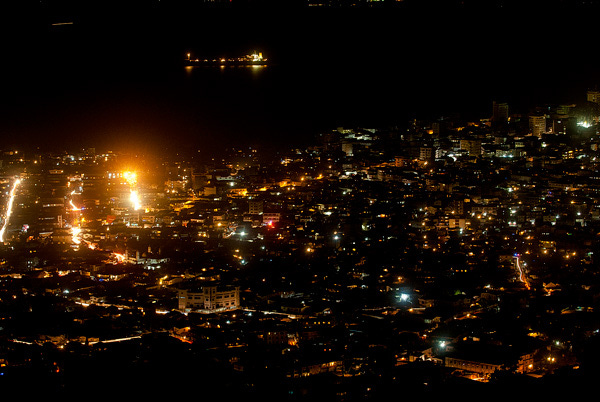
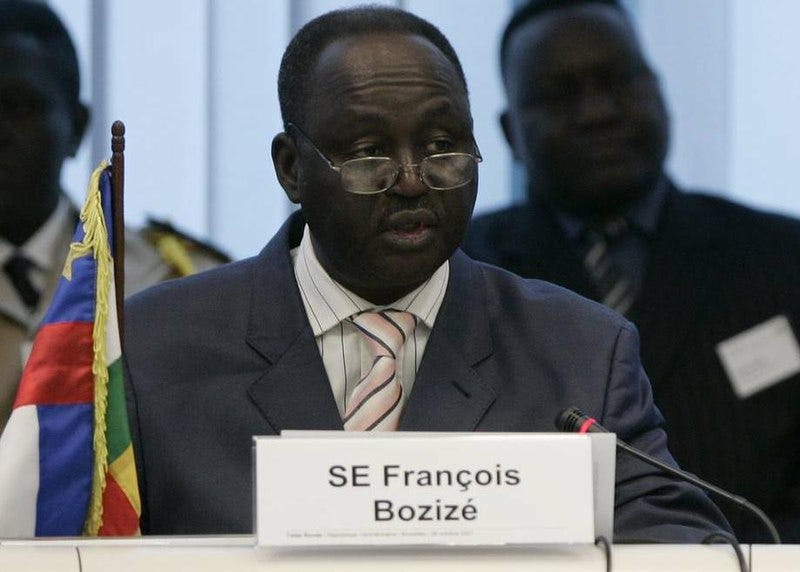
And drat! About the Maasai being pushed off their land. Come on Bibi Hassan...what would Mwalimu Nyerere think about this? :(
I have to learn more about this capability you mention @Baobab:
"Turkish company, Karpowership, which provides most of the electricity to the capital, Freetown — from a ship anchored off the coast."
Humans are so amazing.
Thank you, as always, for your informative and enlightening reporting!